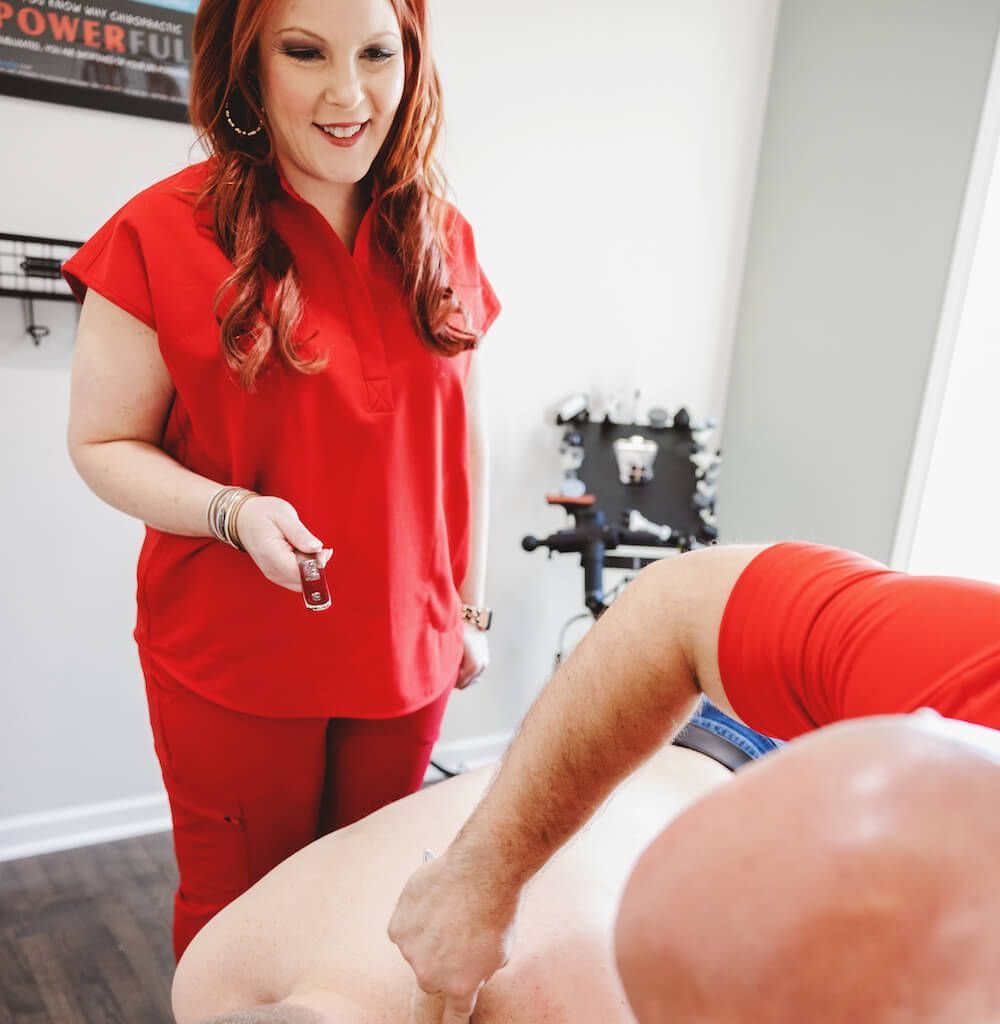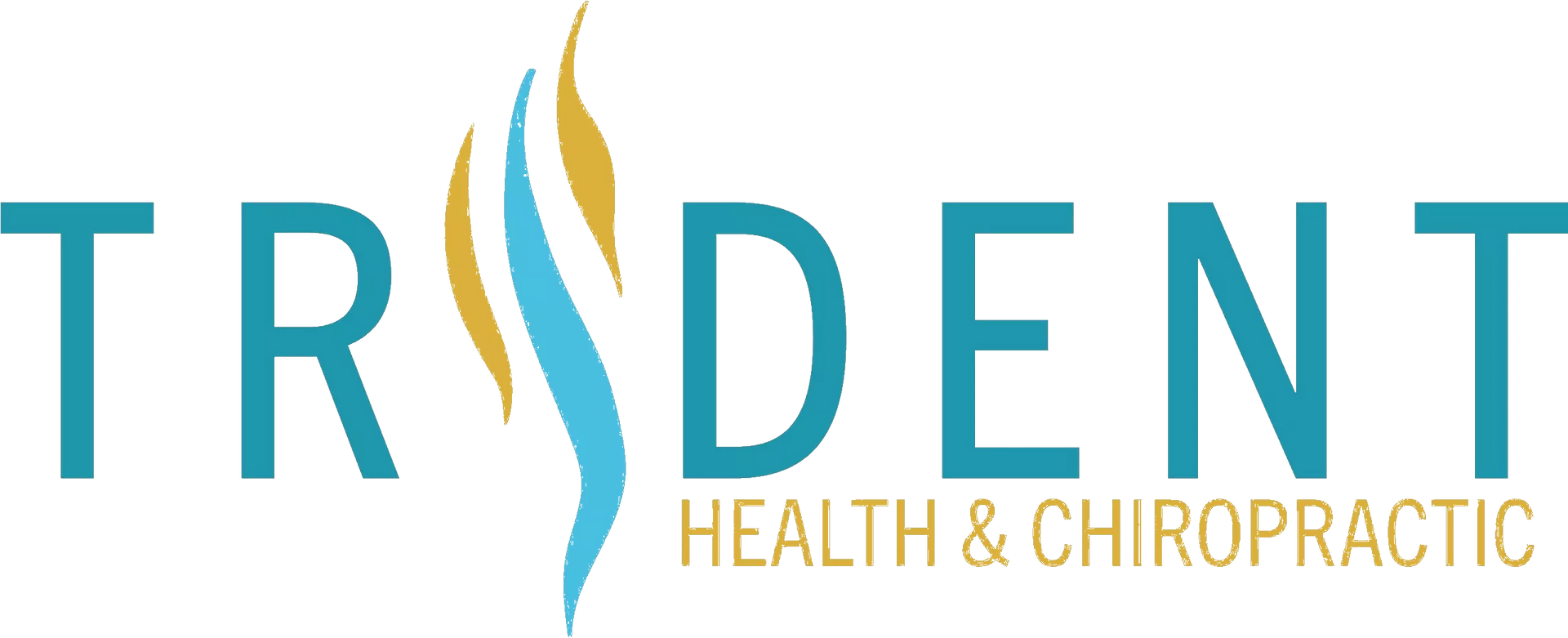Suffering from a pinched nerve in your back is a common issue that can lead to significant discomfort and pain. Pinched nerve treatment in Spartanburg, South Carolina could be an effective solution.
Specializing in treating pinched nerves, chiropractors at Trident Health & Chiropractic can adjust the spine to alleviate the pressure on the nerve, offering relief from the pain. This approach may help you return to a more comfortable, pain-free lifestyle. If you're in Spartanburg and experiencing pain from a pinched nerve, consider consulting with a chiropractic team for treatment options.

Pinched Nerve Treatment in Spartanburg
Treating a pinched nerve typically involves rest and avoiding activities that exacerbate the condition.
Over-the-counter pain medications and anti-inflammatory drugs can help alleviate pain and swelling using anti-inflammatory drugs NSAIDs and nonsteroidal anti-inflammatory drugs
A personalised treatment plan at Trident Health & Chiropractic is often recommended to strengthen and stretch the muscles in the affected area.
In some cases, a splint or brace may be used to immobilize the area. If these treatments are not effective, corticosteroid injections or surgery might be considered. It's important to consult with a healthcare professional for a personalized treatment plan.
Symptoms of a Pinched Nerve
Symptoms of a pinched nerve can vary depending on the location of the nerve.
Commonly, individuals may experience numbness or decreased sensation in the area served by the nerve, sharp or burning pain which may radiate outward, tingling, pins and needles sensations (paresthesia), muscle weakness in the affected area, or frequent feeling that a hand or foot has "fallen asleep."
The discomfort from a pinched nerve can often worsen while sleeping.
Causes of Pinched Nerve
A pinched nerve can happen from a pressure-placed nerve, such as from inflammation in the bones, cartilage, muscles, or tendons. This pressure disrupts the nerve's function, causing pain, tingling, numbness, or weakness.
Common causes include:
- Herniated disc
- Bone spurs
- Carpal tunnel syndrome
- Arthritis
- Nerve compression
- Spinal stenosis
- Poor posture
- Repetitive motion tasks or holding your body in one position for long periods, like prolonged sitting or keyboard use, can also contribute to nerve compression.
- Obesity can add pressure to nerves, and certain health conditions like diabetes or thyroid disease may increase the risk.
Diagnosis of a pinched nerve is often done through electromyography (EMG). The EMG is carried out on the nerves in the neck, spinal cord, and other areas.





